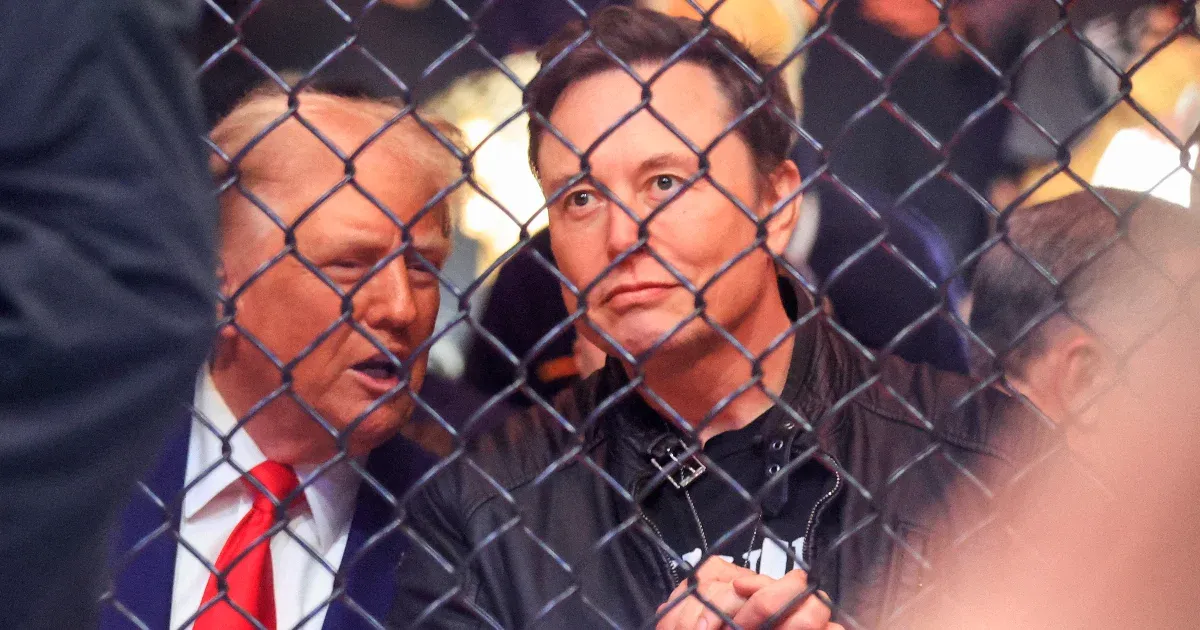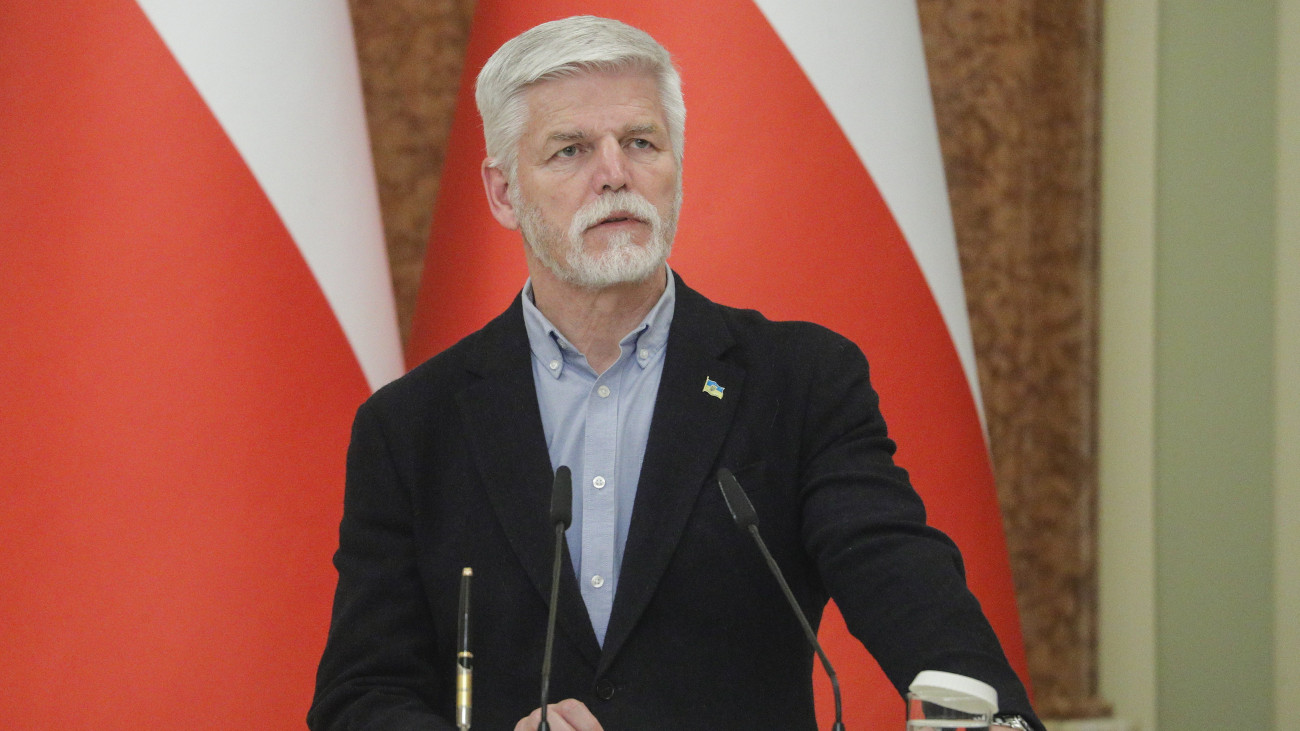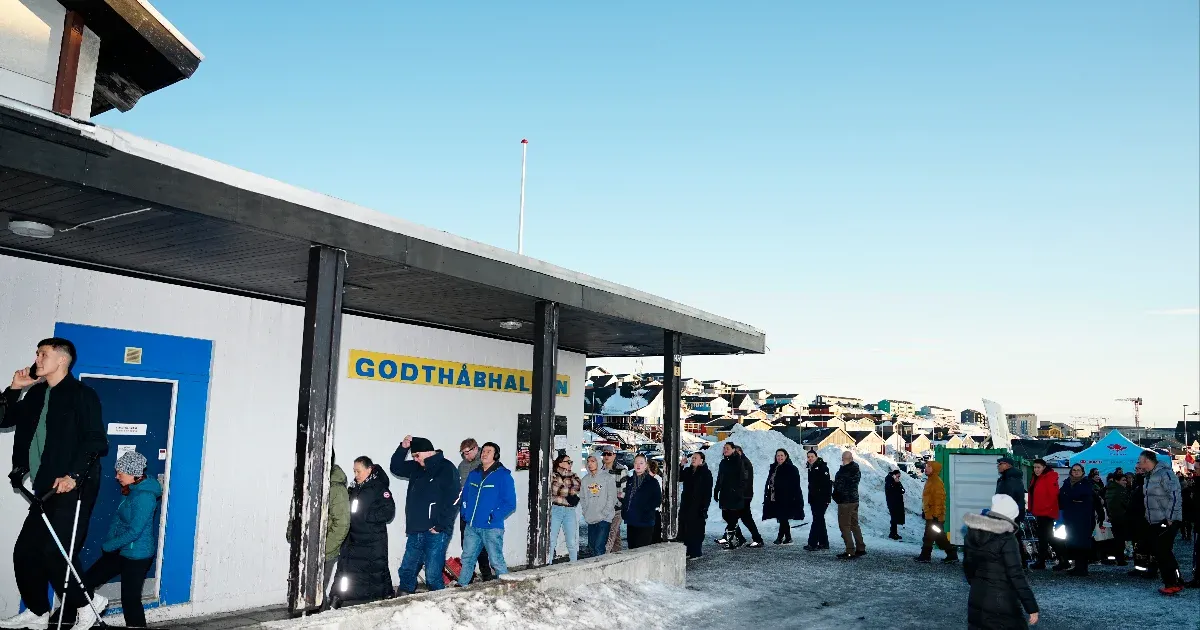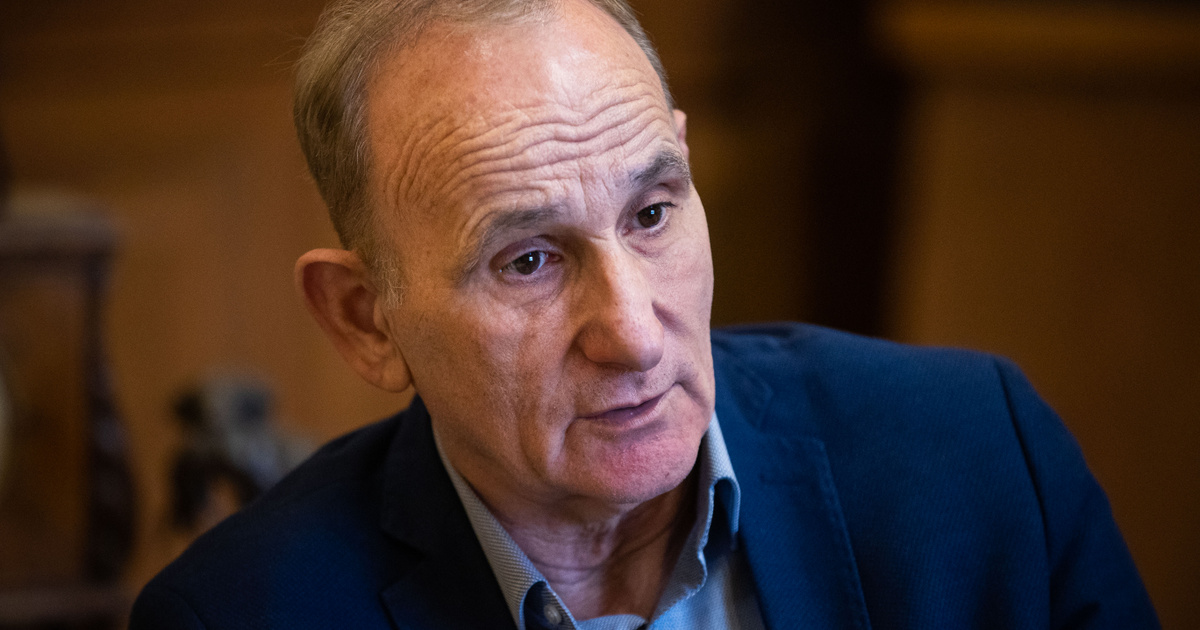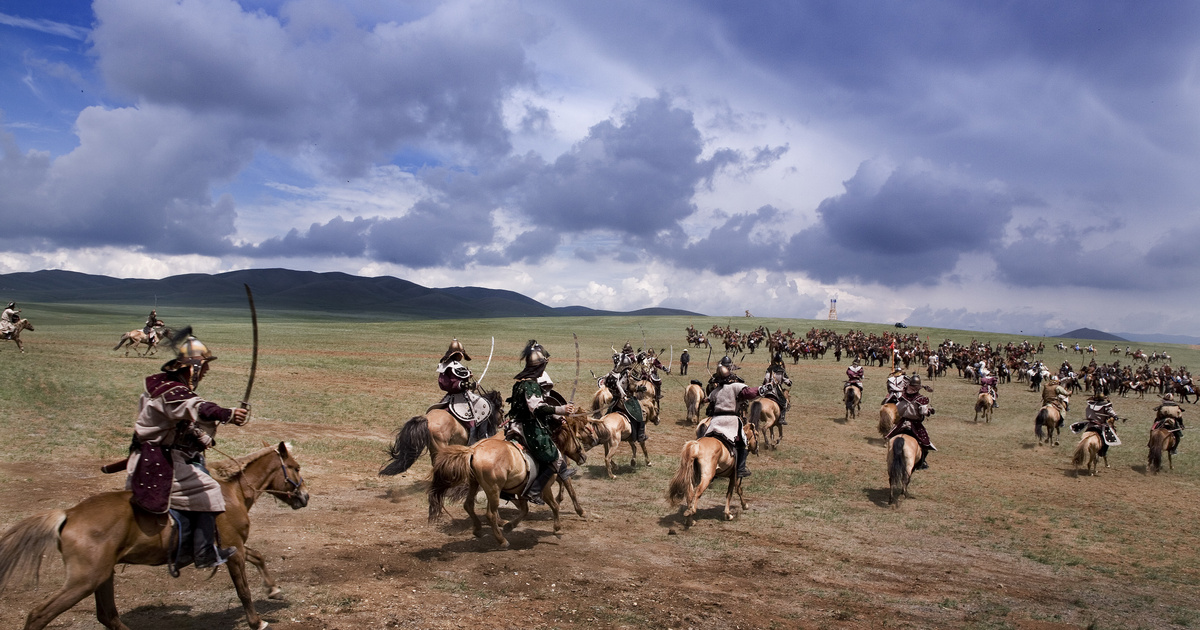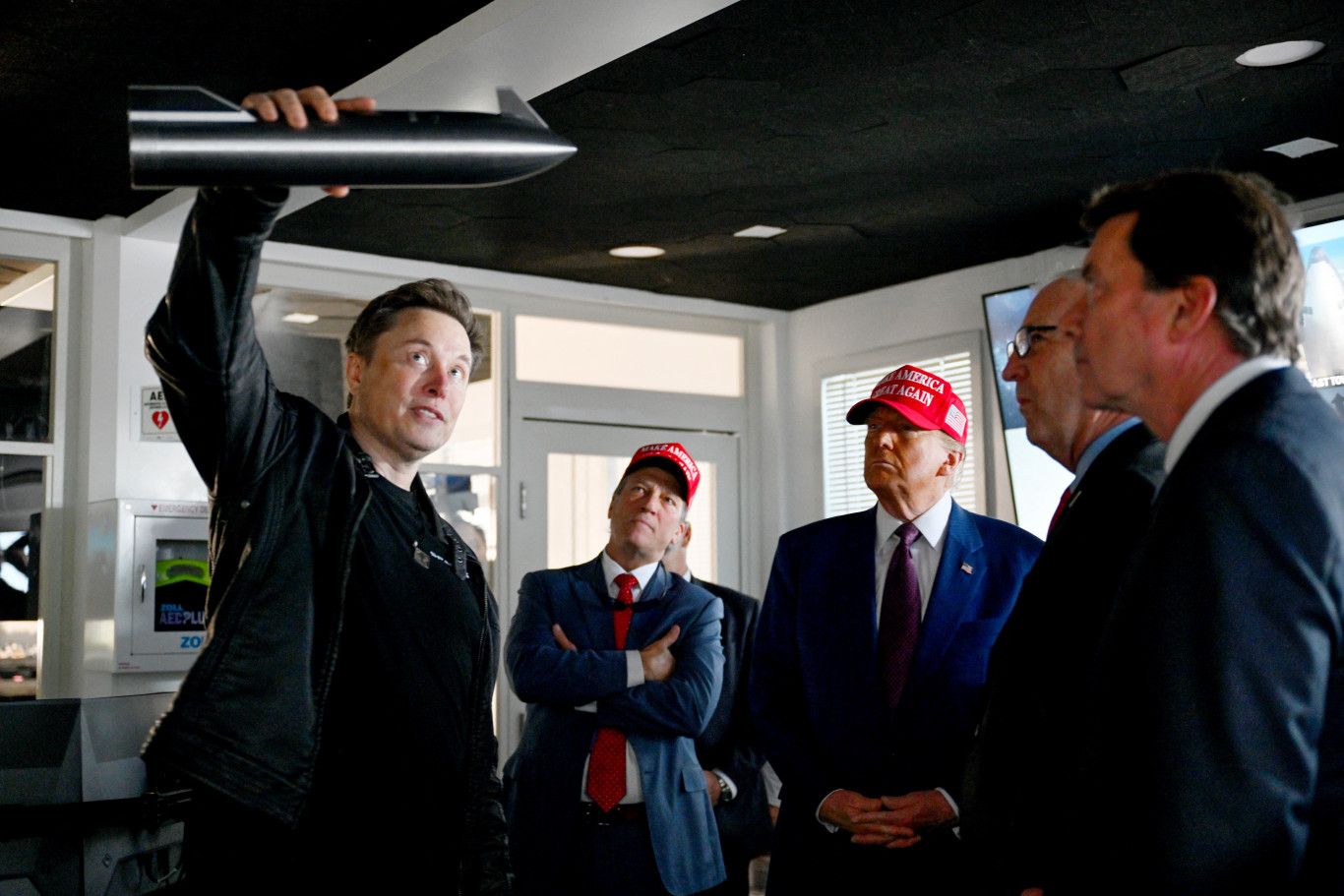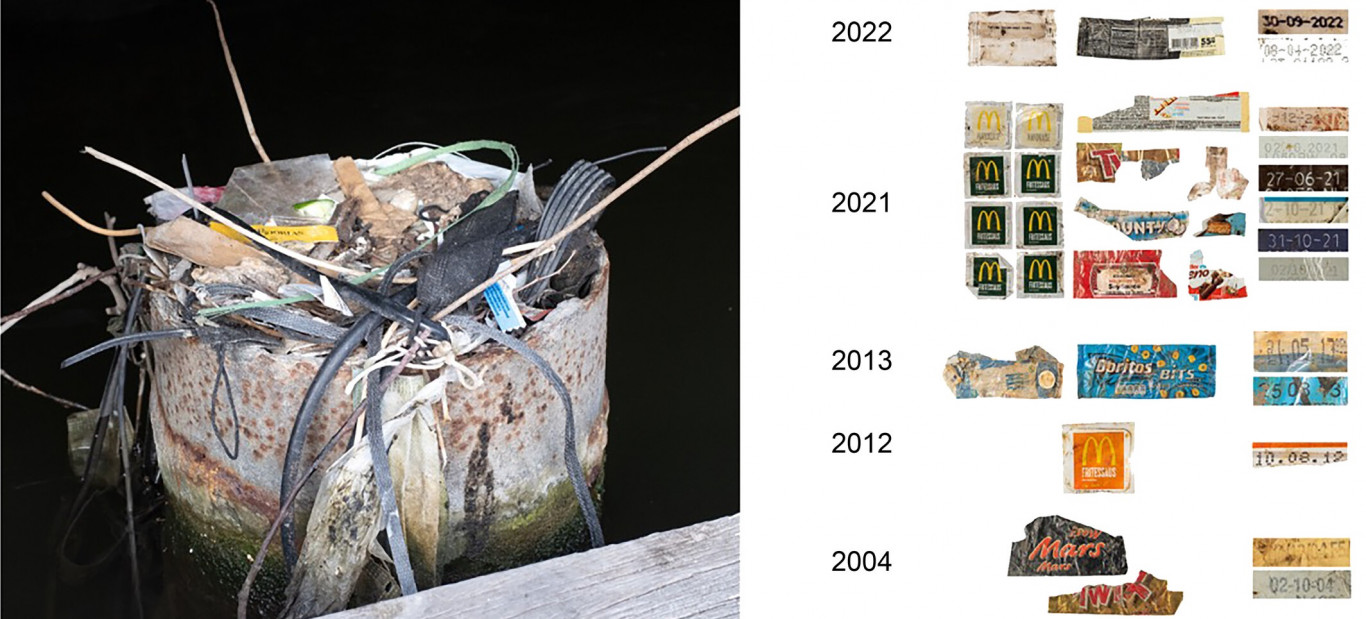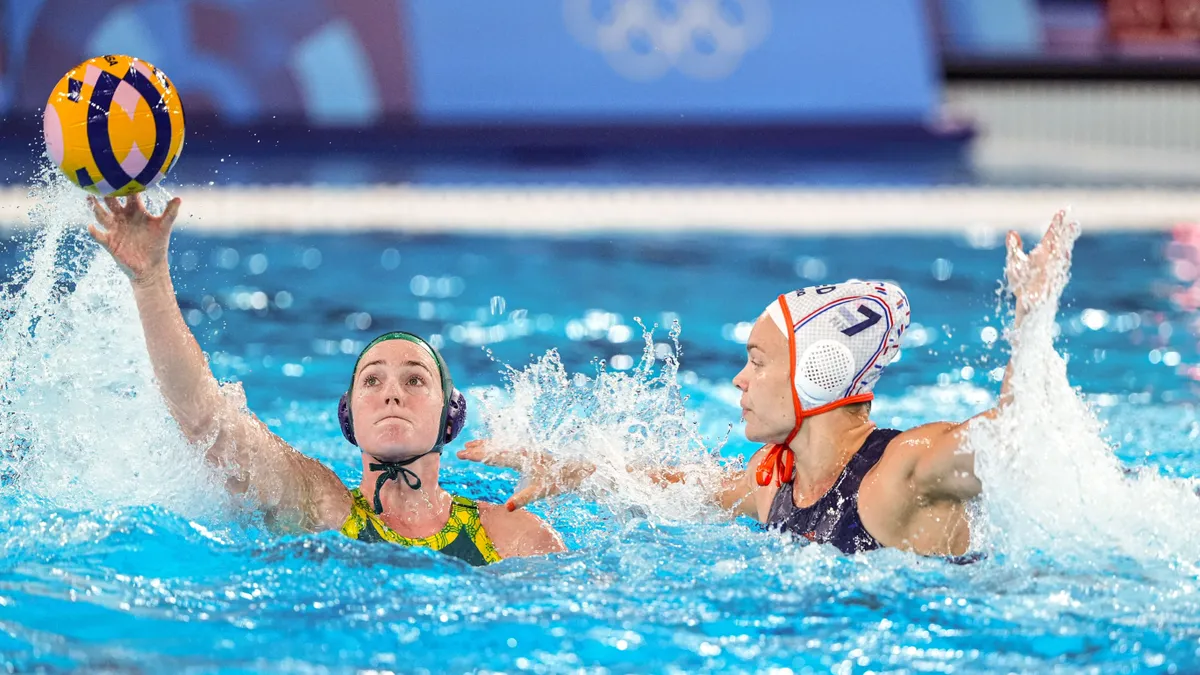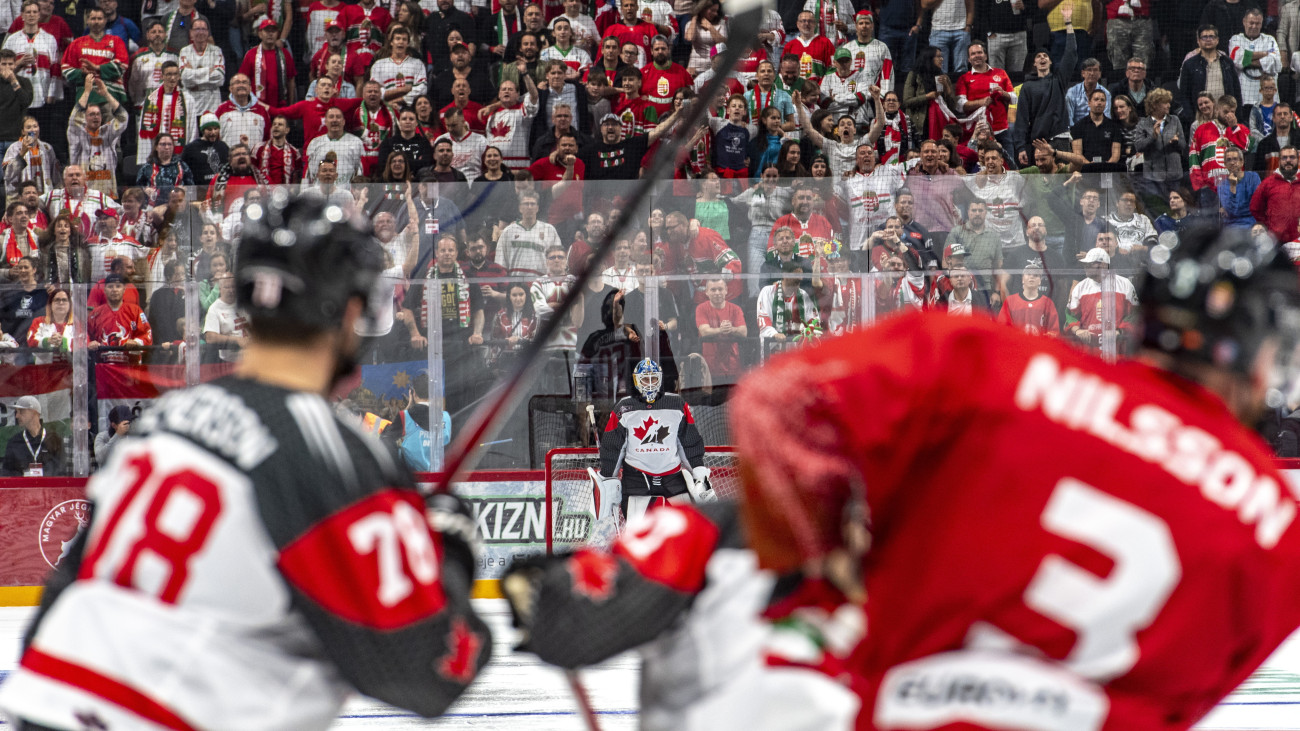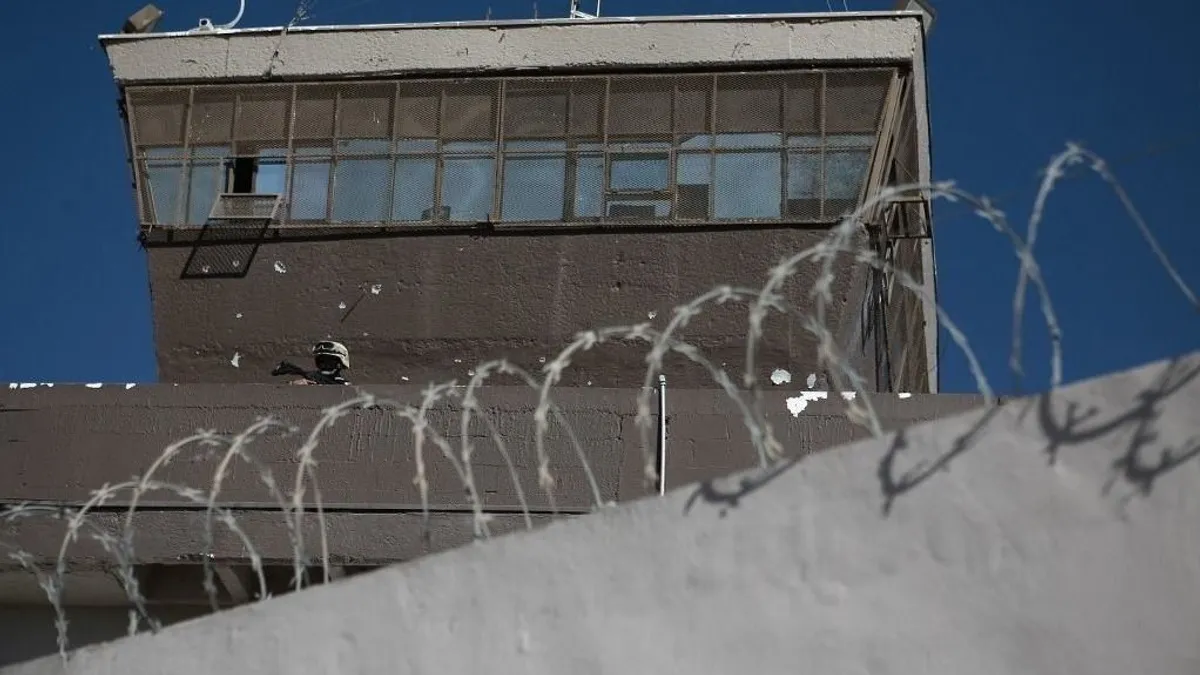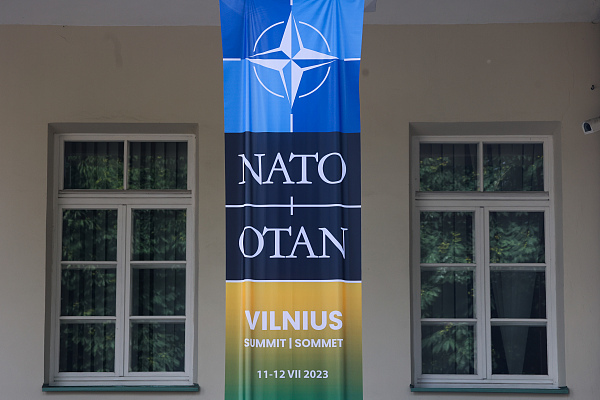The NATO summit was held in Lithuania on Tuesday. The leaders of Japan, South Korea, Australia and New Zealand, who do not belong to the organization and are located in the Asia-Pacific region, are participating in NATO summits for the second year. Analysts believe that NATO’s intention to expand its influence in the Asia-Pacific region will not change under the leadership of the United States.
In this process, Japan’s role is to “attract the wolves home”. This is not only because Japan is a follower of the United States, but also because Japan is seeking military power and wants defense support from NATO.
Recently, many Japanese and South Koreans have held rallies to protest military tensions caused by NATO and to oppose NATO’s shift to the Asia-Pacific region. Former Australian Prime Minister Paul John Keating criticized NATO’s “provocative eastward expansion” in Asia.
Indeed, there is no shortage of dissenting voices within NATO. For example, French President Emmanuel Macron has expressed his opposition to NATO Secretary General Stoltenberg’s plan to establish a liaison office in Tokyo. According to the French president, the relevant NATO regulations define the geographical scope of the “North Atlantic”, so France does not support NATO’s idea of establishing offices outside the region.

